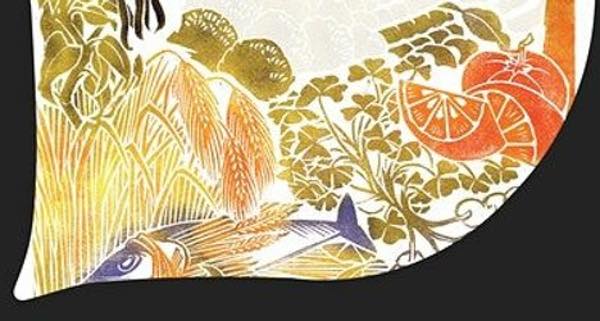Tue 2/1 @ 7PM
As anyone with even a superficial knowledge of modern farming knows, consolidation has been the trend for years, with big agribusiness swallowing up control of the whole food system: industrial-level farms wiping out small family farms, mono-cropping slashing diversity in what’s available to eat (and threatening the environment) and a handful of corporations controlling a majority of the seed supply. As a result of all this consolidation, most of what we eat is grown/produced by a handful of entities.
BBC food journalist Dan Saladino has written a book called Eating to Extinction: The World’s Rarest Foods and Why We Need to Save Them, in which he looks at the rapid disappearance of many food that were once staples of diets around the world. It’s the result of more than a decade of travel and research.
“Over the past several decades, globalization has severely homogenized what we eat,” says the promotion for the book. “Of the roughly six thousand different plants once consumed by human beings, only nine remain major staples today. The consolidation of our food has steep costs, including a lack of resilience in the face of climate change, pests, and parasites.”
The Hudson Library and Historical Society is hosting Saladino for a virtual talk. It’s free but registration is required. Go here. Copies of his book are available for purchases thgrough Hudson’s Learned Owl Bookshop here.
